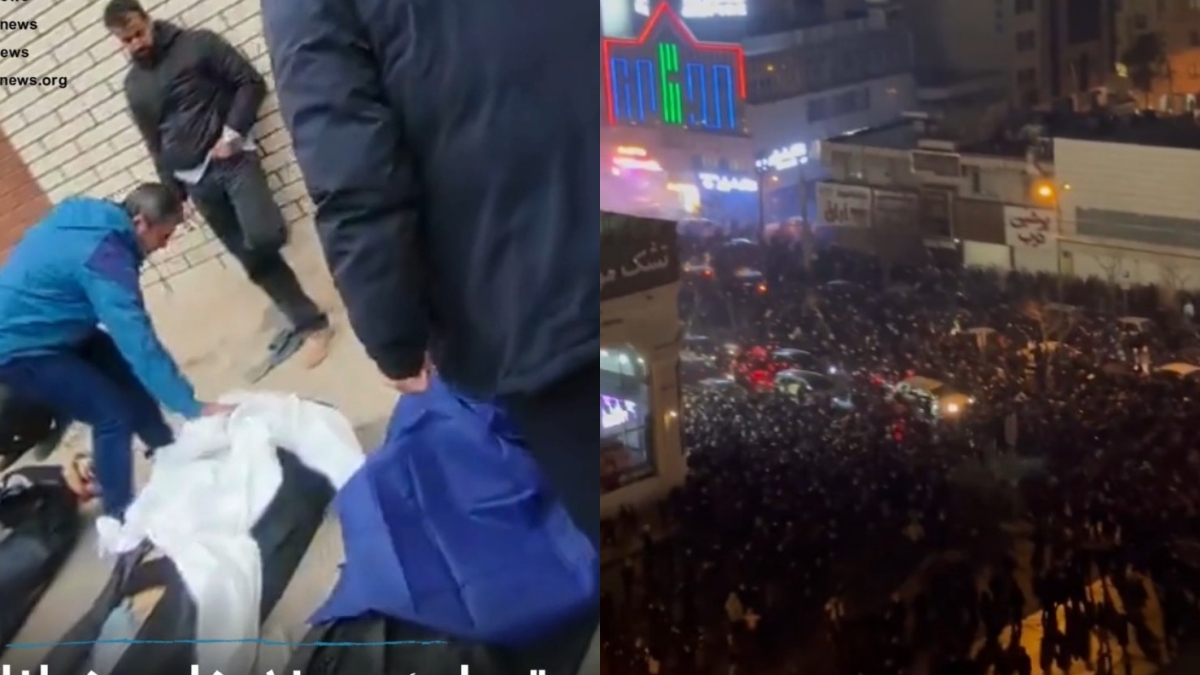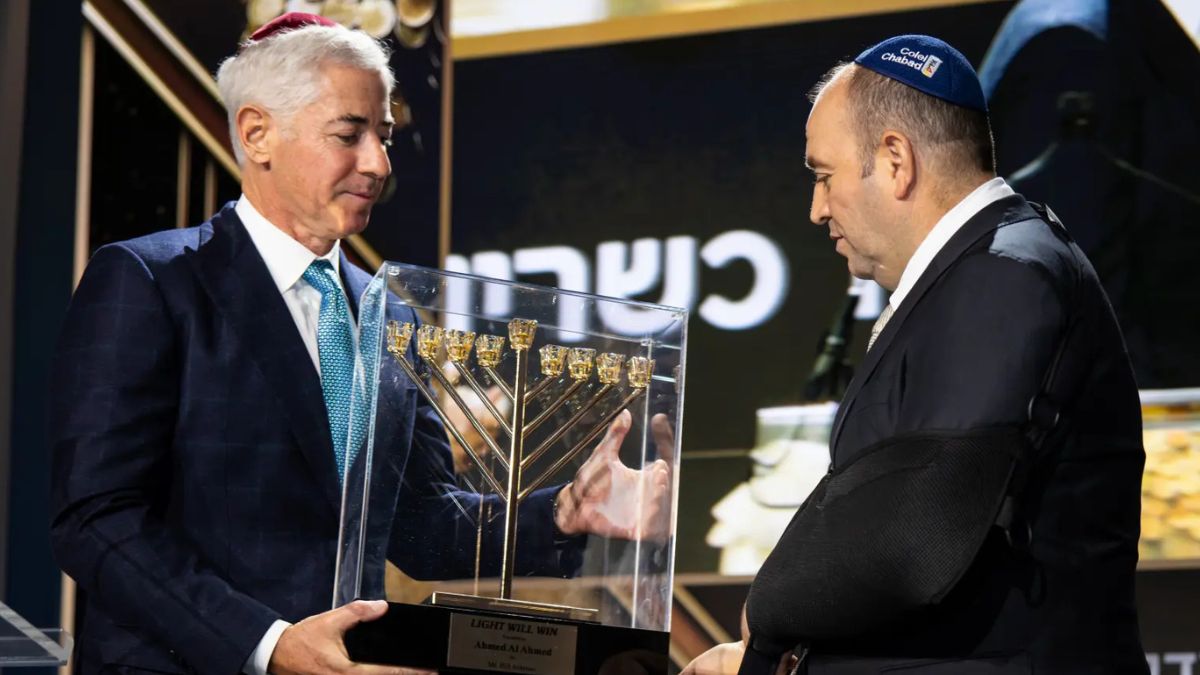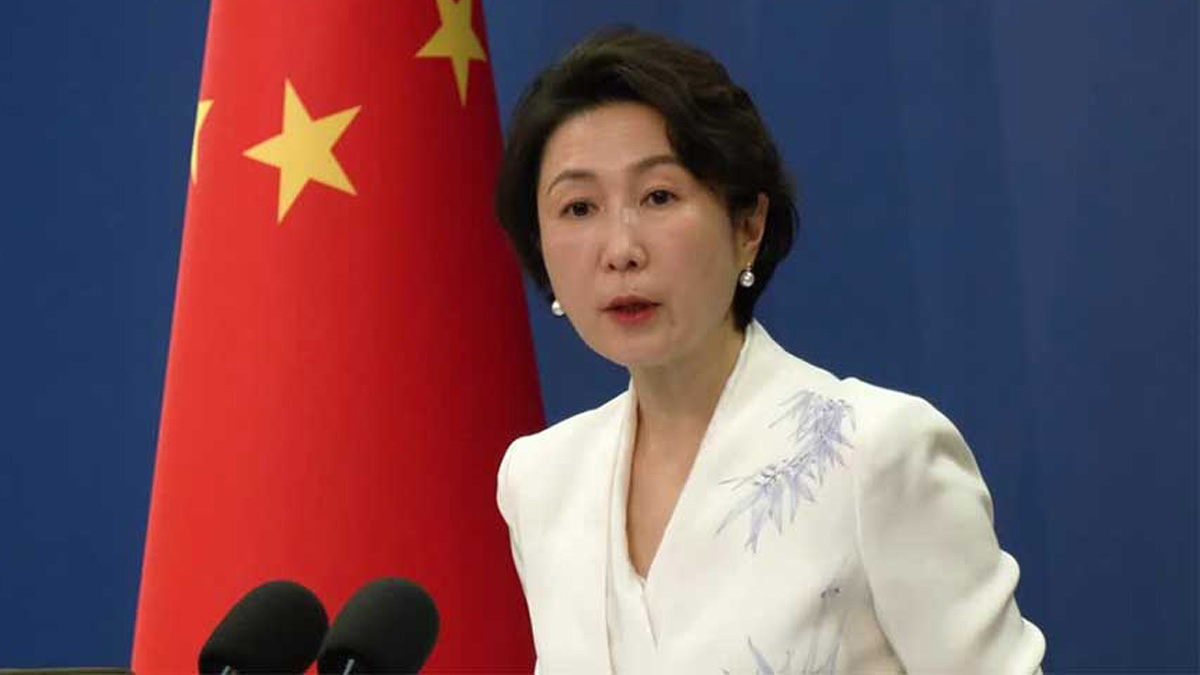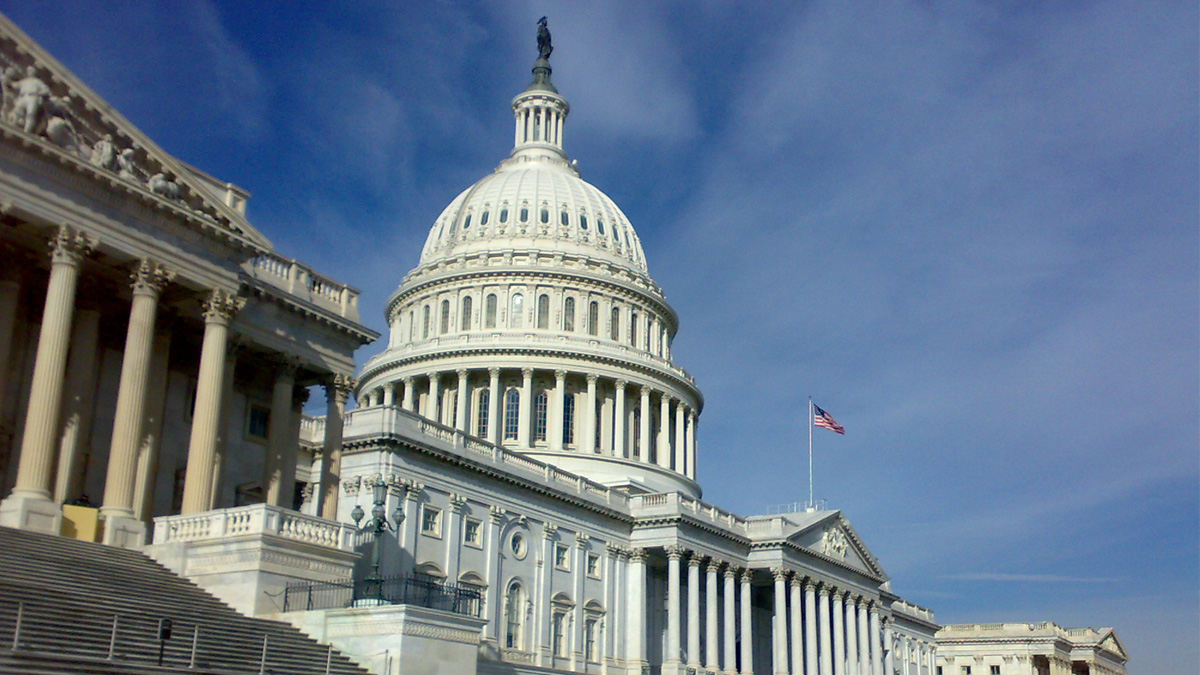Nobel Peace Prize awarded to María Corina Machado for democratic struggle in Venezuela
María Corina Machado has been awarded the 2025 Nobel Peace Prize for her efforts to promote democracy in Venezuela. The opposition leader has campaigned from hiding since being barred from elections, with the Nobel Committee praising her peaceful defiance of authoritarianism.

- María Corina Machado awarded 2025 Nobel Peace Prize for her pro-democracy efforts in Venezuela.
- The Nobel Committee praised her unifying leadership and peaceful resistance to authoritarian rule.
- The White House criticised the decision, claiming the committee favoured politics over peace.
María Corina Machado awarded 2025 Nobel Peace Prize for defending democracy in Venezuela
María Corina Machado, Venezuela’s most prominent opposition figure, has been awarded the 2025 Nobel Peace Prize for her decades-long effort to promote democratic rights and peaceful political change under the government of Nicolás Maduro.
Announcing the decision on 10 October, the Norwegian Nobel Committee said Machado “has been a key unifying figure” who “keeps the flame of democracy burning amidst a growing darkness.”
Jørgen Watne Frydnes, chair of the committee, stated that Machado embodies the principles outlined by Alfred Nobel. “She has brought the country’s opposition together, being steadfast in her support for a peaceful transition to democracy,” he said during the announcement in Oslo.
A leader in hiding honoured
Machado has lived in hiding since August 2024, fearing arrest after the contested July presidential elections in Venezuela. Despite being barred from the race, she rallied support for Edmundo González, a little-known candidate who went into exile after reportedly winning a majority of votes—results that were later overturned by Venezuela’s National Electoral Council in favour of incumbent President Maduro.
In an emotional video released by the Nobel Committee, Machado reacts to the news by saying, “I am just one person. I certainly do not deserve this,” calling the prize “an achievement of a whole society.”
A unifying force in a fractured opposition
Venezuela’s opposition, long known for its fragmentation, coalesced behind Machado in 2023. Her unifying campaign style and vocal stance against authoritarianism allowed her to draw massive crowds and energise the electorate.
“She managed to rally divided factions and stand firmly against a government accused of vote rigging and repression,” noted Ione Wells, BBC’s South America correspondent. “She was a unifying force capable of challenging Maduro’s hold on power.”
After the 2024 election result was disputed, Machado continued to speak out through international media while in hiding. In a Wall Street Journal op-ed, she accused Maduro of manipulating the electoral system and declared, “I could be captured as I write these words.”
Global support—and sharp criticism
Edmundo González, who succeeded Machado as opposition candidate before being exiled, praised the award on social media. “This is a well-deserved recognition for the long struggle of a woman and of an entire people for our freedom and democracy. Venezuela’s first Nobel! Venezuela will be free!” he wrote.
However, the White House sharply criticised the decision. Steven Cheung, communications director for President Donald Trump, said in a post on X: “The Nobel Committee proved they place politics over peace.”
Cheung claimed that Trump, who has faced criticism for his administration’s aggressive policies toward Venezuela, “will continue making peace deals, ending wars, and saving lives.” Trump himself has previously lobbied for the Nobel Peace Prize, with support from international allies including Israeli Prime Minister Benjamin Netanyahu.
The committee’s defence of its decision
In response to questions regarding political pressure from the Trump administration, Frydnes emphasised the committee’s independence. “We base our decision only on the work and the will of Alfred Nobel,” he said.
The chairman acknowledged the risks involved in awarding a prize to someone in hiding but stated that the committee believed the award would support Machado’s cause rather than endanger it. Whether she will be able to attend the award ceremony in Oslo this December remains uncertain.
Venezuela’s contested democracy
Since succeeding Hugo Chávez in 2013, Nicolás Maduro has faced persistent accusations of authoritarianism and human rights abuses. His re-election in 2024 was widely condemned by international observers due to alleged vote manipulation and the suppression of opposition candidates.
In August 2024, the Trump administration increased a bounty for Maduro’s arrest to US$50 million, accusing him of being “one of the largest narco-traffickers in the world.” Maduro's government dismissed the accusation as “pathetic.”
Despite mounting pressure and a wave of domestic protests, Maduro continues to consolidate power, while many of his opponents have been arrested or forced into exile.
A prize with symbolism beyond Venezuela
Frydnes said the committee's decision to award Machado reflects broader concerns about democratic backsliding globally. “Democracy is a pre-condition for lasting peace,” he said, warning that “more and more authoritarian regimes are challenging norms and turning to violence.”
Machado’s recognition, he added, “sends a signal to those who stand up for democracy in difficult conditions—your struggle is seen, and it matters.”








0 Comments